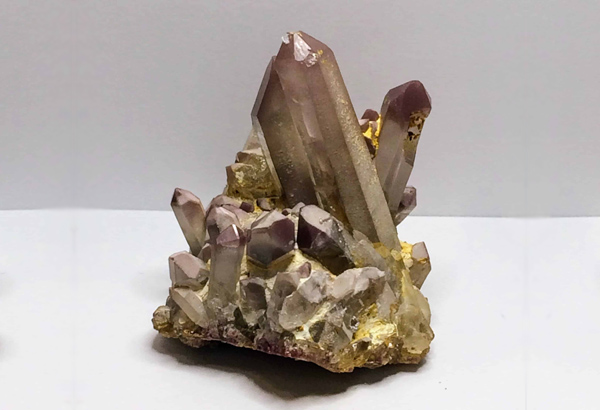
Kess Energy says that recent overtures made by China’s Zijin Mining towards rival Zangge Mining indicate that consolidation in the lithium mining industry has some way to go.
Chinese copper and gold producer Zijin Mining Group announced on Friday that it is in discussions with the top two shareholders of Zangge Mining to acquire a controlling stake in the lithium and potash miner.
Zijin stated that negotiations with Tibet Zangge Venture Capital and Ningbo Meishan Bonded Port Area Xinsha Hongyun Investment Management could potentially lead to a change in control of Zangge Mining. The two shareholders together hold approximately 40% of Zangge Mining, a company valued at 46.63 billion yuan ($6.4 billion) and located in Qinghai, a mineral-rich region in western China.
Acquiring Zangge Mining would enable Zijin to strengthen its control over the Julong copper project in Tibet, which it currently operates through a joint venture with Zangge.
As one of China's most active metal acquirers and its largest publicly traded miner, Zijin received government approval last year to increase the Julong mine's production capacity to about 350,000 tonnes per day. Once the expansion is completed, Julong will become the largest single copper operation in China, with annual ore mining and processing volumes surpassing 100 million tonnes.
Zijin took control of the Julong project in 2020 and brought it into operation within 18 months. The company also owns other assets in Tibet, such as the Zhunuo copper mine, acquired in August 2023. Additionally, Zijin holds a controlling interest in lithium producer Lakkor Resources and is a significant shareholder in Tibet-based companies Yulong Copper and Tianyuan Mining.
The talks to acquire Zangge Mining are part of Zijin’s broader strategy to increase its gold production and expand its presence in the battery metals sector, including copper and lithium.
Zijin has added several lithium assets to its portfolio in recent years, including Canada’s Neo Lithium, focused on lithium mining in Argentina, and majority stakes in the Lakkor Tso Lithium Salar mine in Tibet and the Xiangyuan lithium mine in Hunan province.
Kess Energy believes that the scale of the acquisition indicates that miners remain convinced of the long-term prospects for lithium demand.
